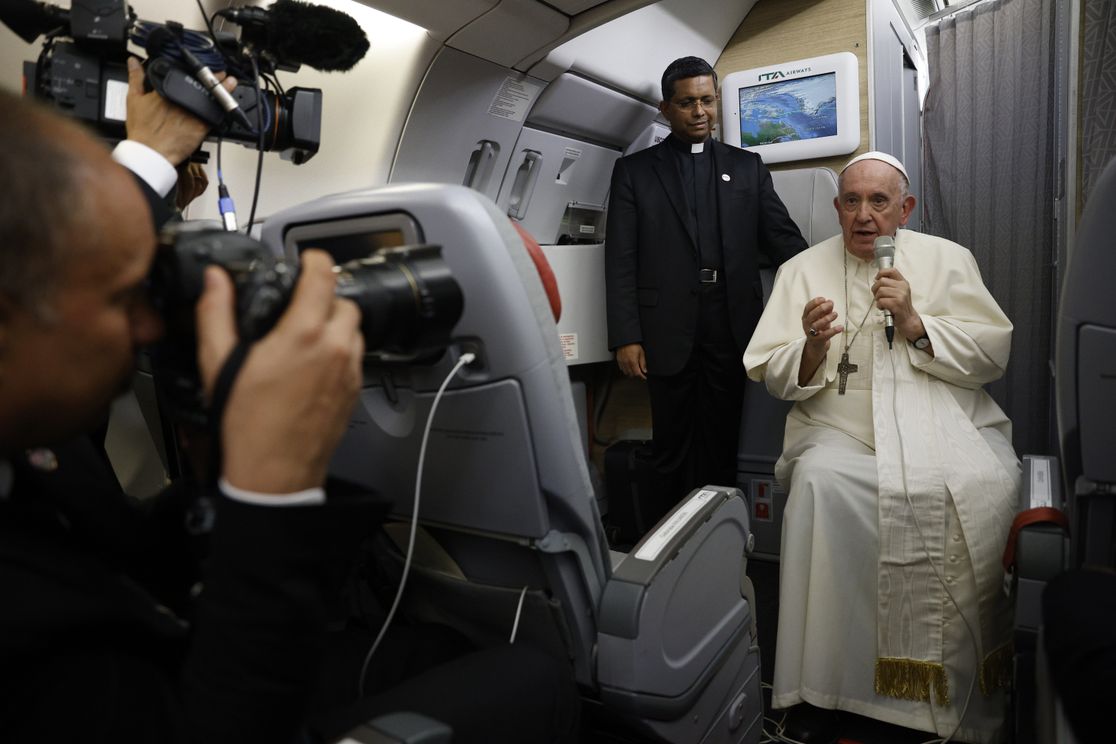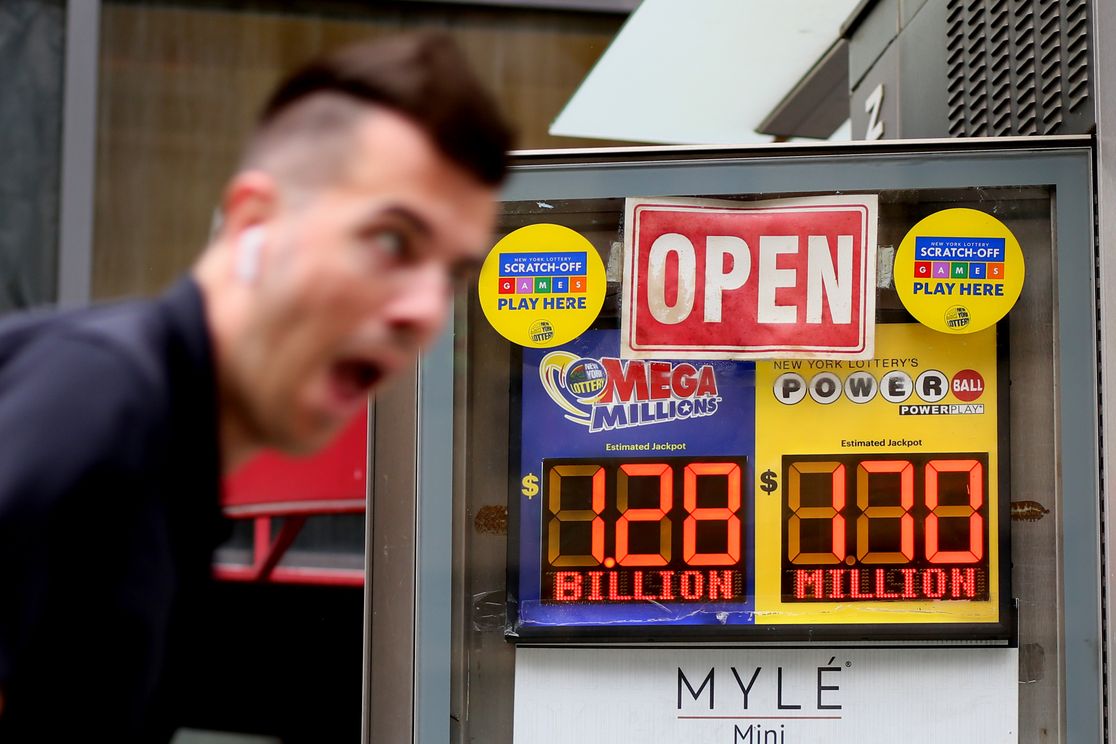| In Bedminster, N.J., yesterday, President Trump watches near the 16th tee on Day 1 of the LIV Golf Invitational at Trump National Golf Club. Photo: Chris Trotman/LIV Golf via Getty Images Jared Kushner recalls in his White House memoir, "Breaking History," out Aug, 23, that shortly after Donald Trump launched his presidential campaign in 2015, Rupert Murdoch tweeted, "When is Donald Trump going to stop embarrassing his friends, let alone the whole country?" - A few days later, the N.Y. Times published a front-page story on Murdoch's misgivings about Trump, with the headline: "Titans Clash as Trump's Run Fuels His Feud With Murdoch."
"Trump called me," Kushner writes. "He'd clearly had enough. 'This guy's no good. And I'm going to tweet it.'" "Please, you're in a Republican primary," I said, hoping he wasn't about to post a negative tweet targeted at the most powerful man in conservative media. "You don't need to get on the wrong side of Rupert. Give me a couple of hours to fix it." I called Rupert and told him I had to see him. "Rupert, I think he could win," I said, as we sat in his office. "You guys agree on a lot of the issues. You want smaller government. You want lower taxes. You want stronger borders." "Rupert listened quizzically, like he couldn't imagine that Trump was actually serious about running," Kushner continued. The next day, he called me and said, "I've looked at this and maybe I was misjudging it. He actually does have a real following. It does seem like he's very popular, like he can really be a kingmaker in the Republican primary with the way he is playing it. What does Donald want?" "He wants to be president," I responded. "No, what does he really want?" he asked again. "Look, he doesn't need a nicer plane," I said. "He's got a beautiful plane. He doesn't need a nicer house. He doesn't need anything. He's tired of watching politicians screw up the country, and he thinks he could do a better job." "Interesting," Rupert said. We had a truce, for the time being. Between the lines: Kushner's Murdoch conversation began a symbiotic relationship that involved Fox News host Sean Hannity becoming an informal adviser to Trump. It reached its apotheosis when former Fox News executive Bill Shine joined the White House staff — and treated 1600 Pennsylvania as a TV set. - Trump has always been obsessed with Rupert Murdoch. That obsession continues today as he sees the harsh editorials against Trump run in Murdoch's American newspaper jewels — The Wall Street Journal and New York Post.
The Trump-Fox relationship changed forever on election night 2020, when Fox's Decision Desk was the first to call Arizona for Biden, enraging Trump and his aides. - As Jonathan Swan reported in the Axios series "Off the Rails," late on election night, Trump told senior aides to call top Fox executives — including the Murdochs — to try to reverse the Arizona call. The entreaties fell on deaf ears.
Murdoch declined to comment about Kushner's account. | 










No comments:
Post a Comment